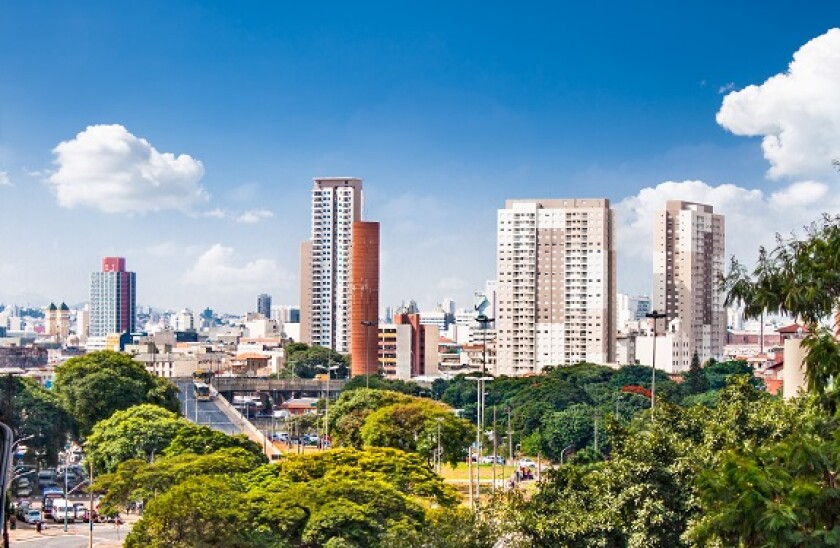Brazilian credit card law will boost non-bank ABS

A new Brazilian law is set to boost credit card ABS securitizations from non-bank lenders, helping the alternative sector to thrive despite the economic fallout from coronavirus.
Unlock this article.
The content you are trying to view is exclusive to our subscribers.
To unlock this article:
- ✔ 4,000 annual insights
- ✔ 700+ notes and long-form analyses
- ✔ European securitization issuance database
- ✔ Daily newsletters across markets and asset classes
- ✔ 1 weekly securitization podcast
